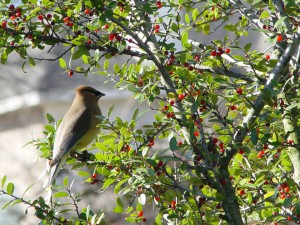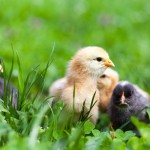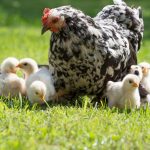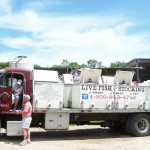 The 2016 Great Backyard Bird Count will be held Friday, February 12, through Monday, February 15, 2016.
The 2016 Great Backyard Bird Count will be held Friday, February 12, through Monday, February 15, 2016.
The Great Backyard Bird Count is an annual four-day event that engages bird watchers of all ages in counting birds to create a real-time snapshot of where the birds are.
Everyone is welcome–from beginning bird watchers to experts. It takes as little as 15 minutes on one day, or you can count for as long as you like each day of the event. It’s free, fun, and easy—and it helps the birds.
Participants tally the number of individual birds of each species they see during their count period. They enter these numbers on the GBBC website.
Participants may also send in photographs of the birds they see for the GBBC photo contest. A selection of images is posted in the online photo gallery.
WHY COUNT BIRDS?
Scientists and bird enthusiasts can learn a lot by knowing where the birds are. Bird populations are dynamic; they are constantly in flux. No single scientist or team of scientists could hope to document and understand the complex distribution and movements of so many species in such a short time.
Scientists use the GBBC information, along with observations from other citizen-science projects, such as the Christmas Bird Count, Project FeederWatch, and eBird, to get the “big picture” about what is happening to bird populations. The longer these data are collected, the more meaningful they become in helping scientists investigate far-reaching questions, like these:
• How will the weather influence bird populations?
• Where are winter finches and other “irruptive” species that appear in large numbers during some years but not others?
• How will the timing of birds’ migrations compare with past years?
• How are bird diseases, such as West Nile virus, affecting birds in different regions?
• What kinds of differences in bird diversity are apparent in cities versus suburban, rural, and natural areas?
The 2016 Great Backyard Bird Count is led by the Cornell Lab of Ornithology and National Audubon Society, with Canadian partner Bird Studies Canada and sponsorship from Wild Birds Unlimited.



